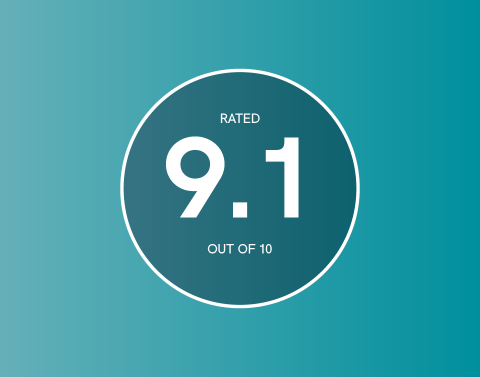Diversity & Inclusion has become a CEO priority globally, with over two-thirds of executives rating D&I as an important issue (2017 Deloitte Global Human Capital Trends). There is clear understanding that D&I should reflect the cultures we create, respect the priorities of our employees, and align to wider commercial strategy. We are realising that companies should build workplaces where people are free to speak, comfortable to contribute and guaranteed to be heard. The question is, do D&I programmes currently go far enough to achieve all this?
In a hiring landscape where resource is being ploughed into D&I remits left, right and centre (think Inclusion@Lloyd’s, PwC’s Open Mind training, and the BBC’s four-year D&I plan), the concept is undergoing intense focus from the media and candidate market. A generic D&I statement on your website will no longer suffice. Today, companies must continually adapt their D&I agenda to stay agile, aid retention, improve performance and build an effective employer brand.
Recently, the word ‘belonging’ has been used to dovetail D&I in a nod to its ongoing evolution. Just like inclusion once highlighted the necessity of bringing diverse talent pipelines together (we’ve all heard the infamous ‘party’ analogy), belonging evokes the emotional bonds that can be inspired in an employee. Here’s why.
Belonging is a deep-rooted part of the human experience, harkening back to the tribe mentality of early civilisation. While the nature of belonging may differ from person to person, the general principle is collectively shared: we all want to fit in. Without a culture that facilitates this, we run the risk of disengaged employees, high attrition rates and poor service delivery.
In the words of Brené Brown, “true belonging is not passive”. It starts with inclusion, which should become a core responsibility of everyone within the organisation across all duties. “Placing value on inclusive behaviours will naturally lead to belonging, where people feel part of the very infrastructure,” comments Sarah Coombs, Group Client Engagement Manager, Oliver James Associates.
Inclusivity is about recognising individual accomplishments and allowing everyone to contribute meaningfully to group discussions. Employees should be given the opportunity to express themselves without fear of judgement or ignorance, so they can feel like a truly valued member of the team. Once this is accomplished, your environment champions self-authenticity, leading to greater collaboration and, ultimately, better business performance.
D&I has allowed the idiosyncrasies that make us who we are to become a point of celebration not consternation. A socially conscious workplace that fosters this way of thinking is merely the next chapter of the story. It allows people to be themselves and be part of something bigger. It celebrates our differences within a community that’s diverse yet united. And it means we can collectively work towards the same goal, while being free to follow our own paths too.
Sarah adds “with concepts of inclusion and authenticity being so prevalent today, employers must now consider how they encourage employees, current or future, to be themselves rather than adapting to fit.”
For further insights on the evolution of diverse and inclusive practices, contact Sarah Coombs, Group Client Engagement Manager, on +44 (0) 203 861 9197 or sarah.coombs@ojassociates.com.



